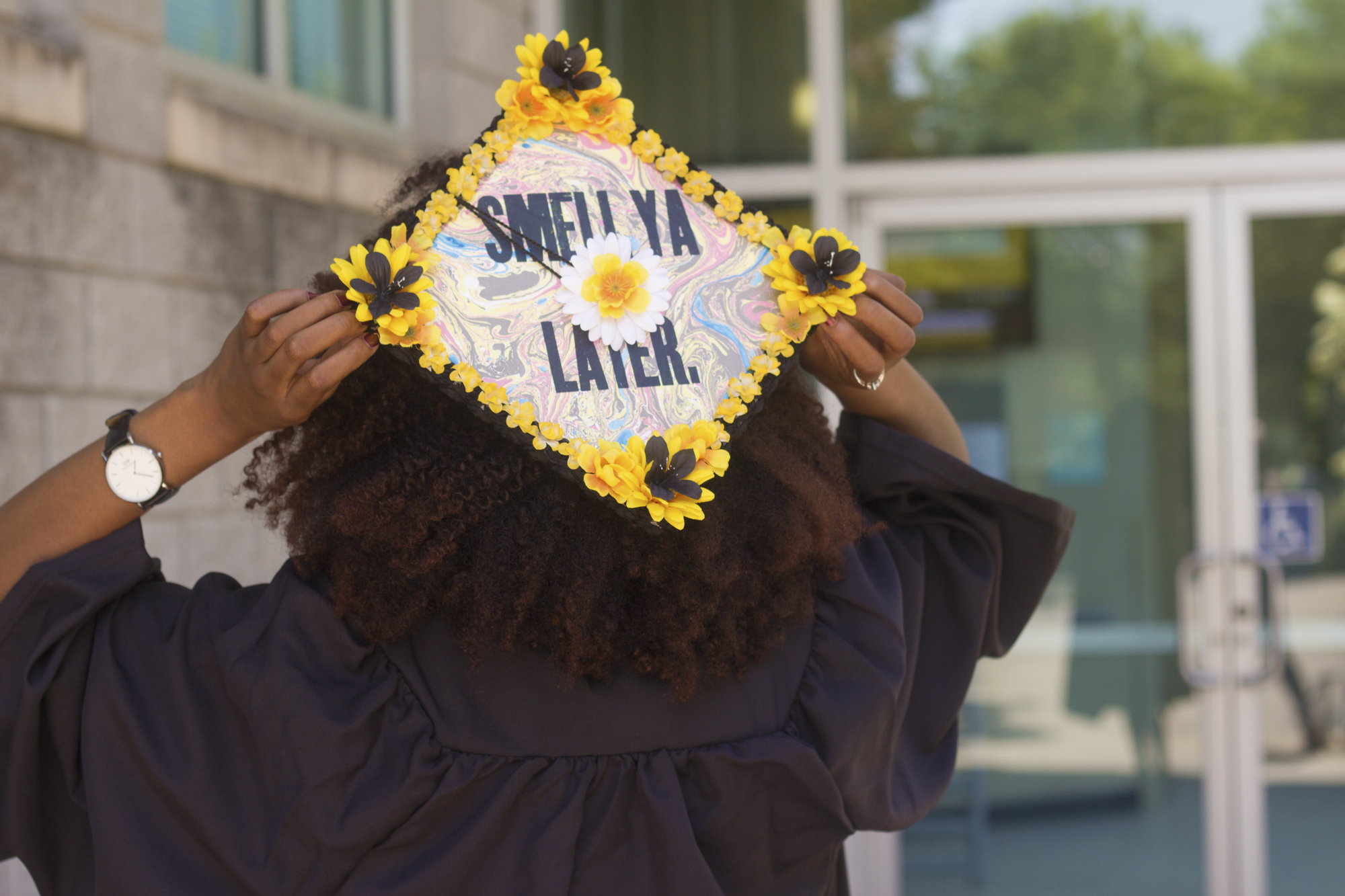Kennesaw State students should understand the cause of ocean pollution in order to incorporate lifestyle changes as the solution.
A National Ocean Service article outlines 10 simple ways for people to help the ocean such as fishing and boating responsibly while respecting the natural flora and fauna of the ocean, getting involved in organizations that help ocean conservation, such as Ocean Conservancy, Project AWARE and Team Seas. KSU also provides student-led advocacy clubs that help the planet and oceans stay clean: EcoOwls and Wildlife Animal Conservation Association.
Human behavioral actions can have a negative impact on ocean wildlife. Ocean Conservation Trust says examples of this are noise pollution, surface runoff and deoxygenation.
The Ocean Mammal Institute defines noise pollution as “intense human-generated noise in the marine environment.” Explosions, underwater drilling and ship traffic among other things can cause this. The Ocean Mammal Institute says that these sounds can lead to “death and serious injury caused by brain hemorrhages” and “temporary or permanent hearing loss” for ocean wildlife.
A National Geographic article describes surface runoff as an event when “there is more water than [the] land can absorb.” When there is excessive runoff, the water can pick up pollutants such as litter and petroleum. National Geographic says in some cases sewage and medical waste can be taken to the ocean. Solutions to these issues are shrinking fertilizer use, planting native plants and cutting down on impervious surfaces in neighborhoods.
Deoxygenation is the reduction of oxygen caused by human activities that are increasing global temperatures and increasing loads of nutrients from pollutants and waste. The United Nations Educational, Scientific and Cultural Organization says “the problem of deoxygenation is expected to increase in the coming years.” The lack of oxygen correlates directly to the loss of ocean life. To help stop this issue from escalating, UNESCO suggests that proper sewage treatment and efforts to limit global warming would be most helpful in this scenario.



